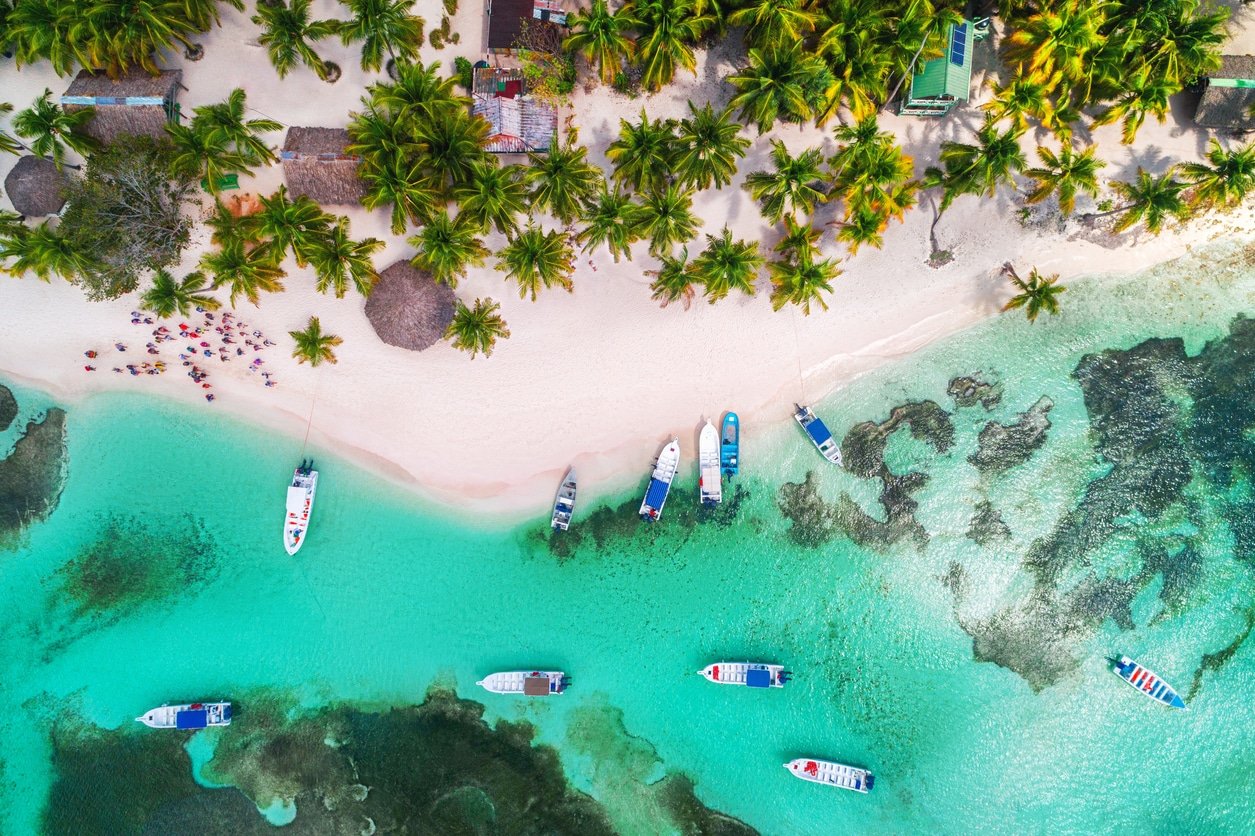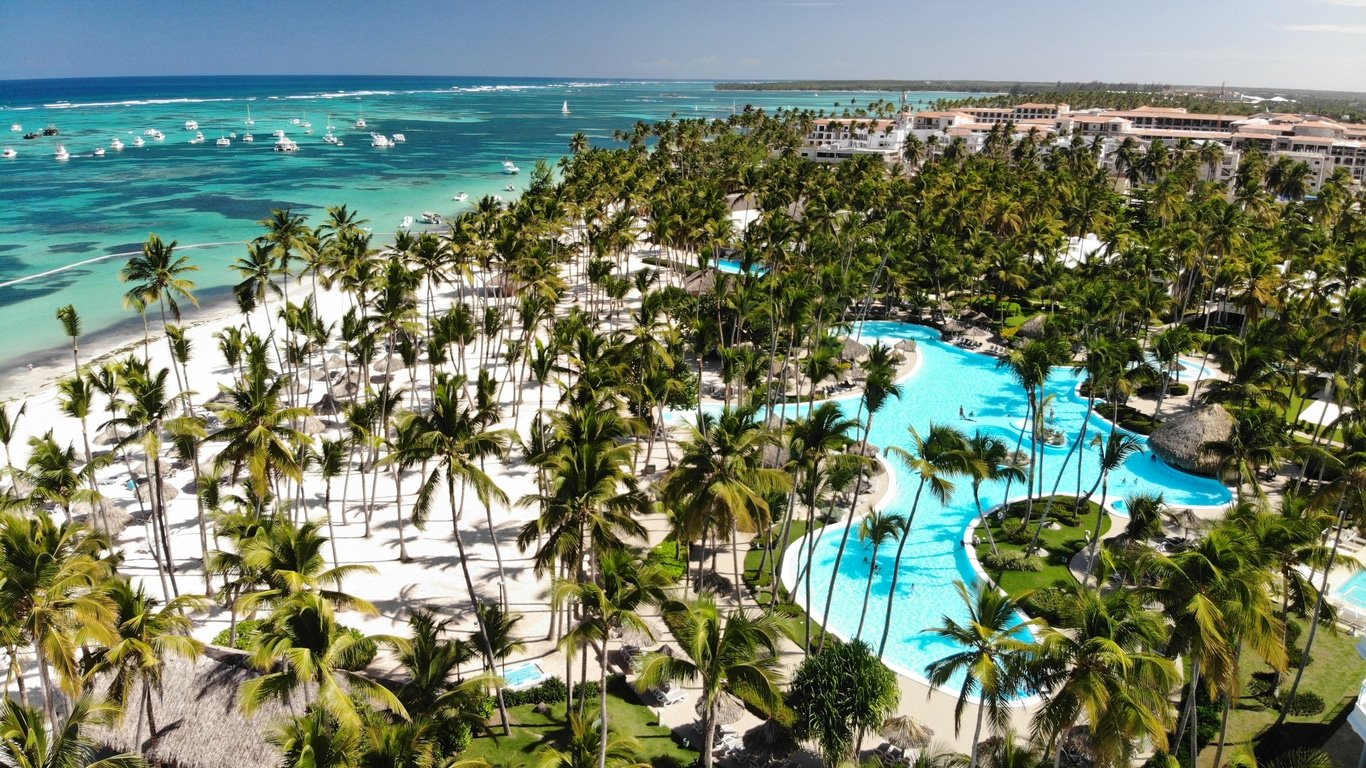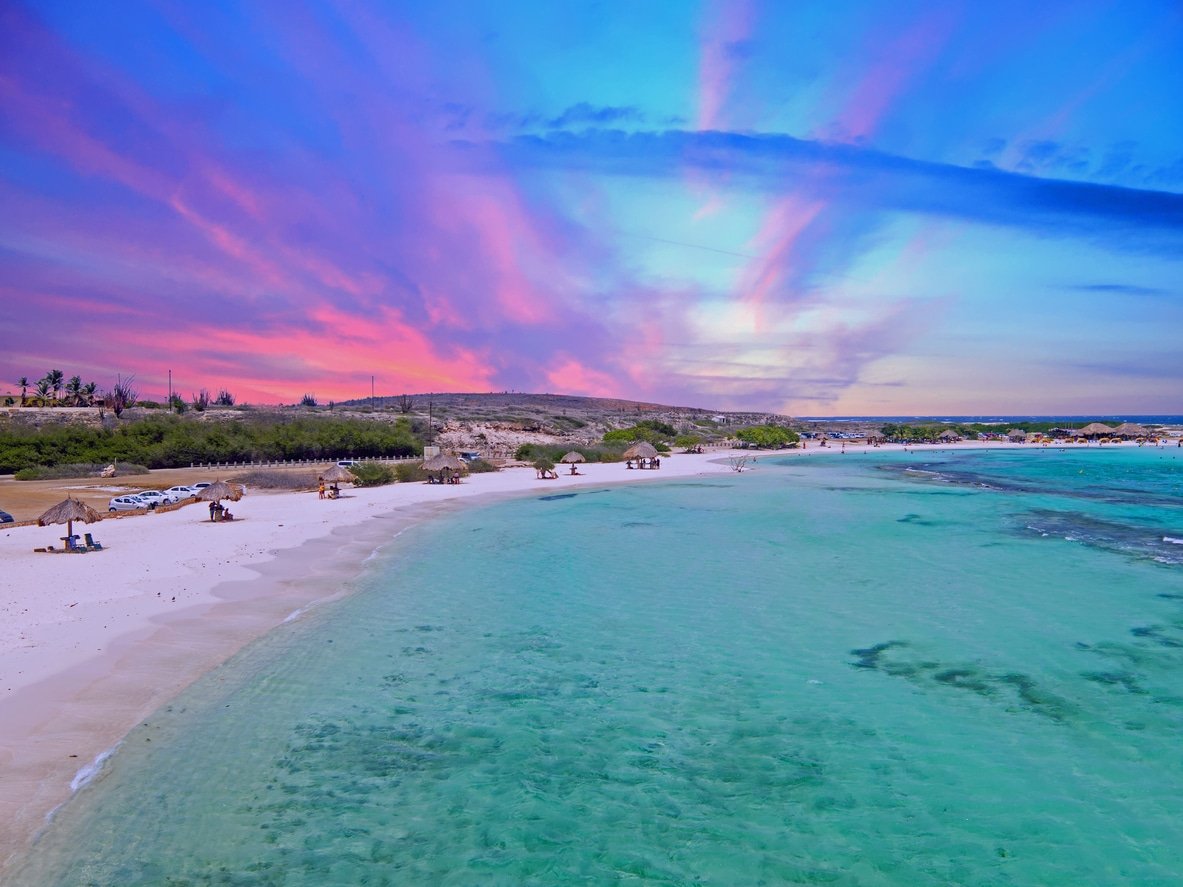Scams In The Dominican Republic: Common Hustles, Tourist Traps & Staying Safe
|
Prefer listening over reading? We got you covered!
Getting your Trinity Audio player ready...
|
This article is part of Wandering our World’s new ‘Scam Series‘ – a series of articles written by expats, locals and experts with tips and info to avoid being taken advantage of when on holiday.
Every year, the Dominican Republic attracts millions of tourists. No wonder too. This Caribbean country is home to over 200 idyllic beaches and is considered the perfect destination for a stress-free vacation.
During your time there, you can stay at all-inclusive resorts and enjoy their varied buffets, stunning ocean view rooms, and spa experiences. However, while the atmosphere in the resorts is relaxing and blissful, it is not all the Dominican Republic has to offer.
Leaving your hotel for the day will allow you to walk through the country’s urban areas, explore its flora and fauna, dive in the aqua blue sea, talk to welcoming locals, and experience the rich Dominican Republic culture and nature firsthand. But as exciting as this may be, walking away from the safety of your resort isn’t always trouble-free.
Because tourists often have little to no understanding of the language and currency, it is a reality that they sometimes find themselves in a vulnerable position.
So you must be aware of the possible issues you may encounter. That’s so you can avoid losing a great deal of money and, most importantly, stay safe.
But right here we will show you some of the most common hustles, tourist traps and scams in the Dominican Republic.
We intend to help you spot and manage those situations in the best way possible. We will also give you some safety tips should you need them, and show you how to save money.
CONTENTS:
- Transport Scams
- Resort Scams and Tourist Traps
- Shopping and Activity Scams
- Other Dominican Republic Scams To Watch Out For
- Bargaining
- Safety Tips

Transport Scams: Journeying Around The DR Safely
1. Airport Taxis
You know the drill. As soon as a plane lands and passengers pick up their luggage, taxi drivers will swarm the airport gates trying to find someone that needs a ride to their hotel.
At first, you may think this is the most convenient option because it saves you a lot of waiting time.
After all, once you randomly choose a driver from the chaotic crowd, they kindly help you stack your bags in the trunk and quickly start the drive to your accommodation.
However in the Dominican Republic, many drivers rarely turn on the meter. At the end of the trip, even if you have traveled a short distance, the driver may end up charging you between $35 and $60, which is an outrageous price.
This is a common practice in many Dominican Republic airports, especially the ones located near the most popular beaches, such as Punta Cana International Airport (PUJ) which is one of the busiest airports in the country.
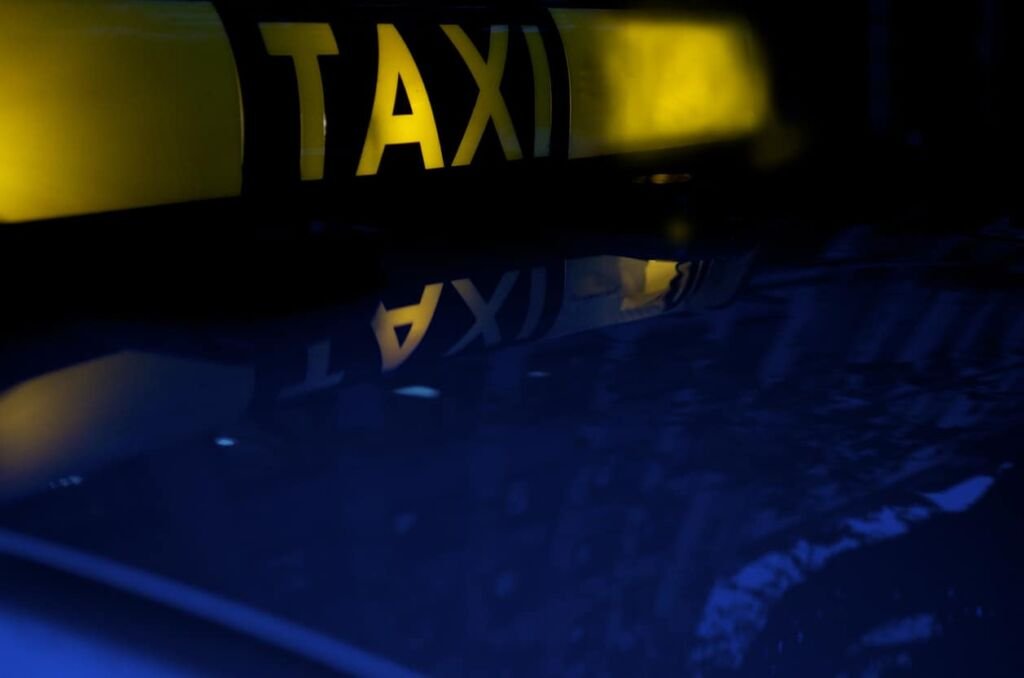
Luckily, you can find other kinds of transportation to get to your hotel. The most recommended by locals is Uber. This mobile app will show you the route and set a fixed price, which usually ranges from $14 to $19 for common airport transfer routes.
However, there are some regions in the Dominican Republic where Uber doesn’t exist. Ironically, Punta Cana is one of them. In this case, you have three options.
One is paying for a seat in a shuttle or van offered by transfer companies that have counters in the airport. You can choose either a private shuttle or one shared with other passengers.
Usually, the transfer companies also offer taxis with fixed prices that you will be told before you agree to travel with them.
This is a good option to avoid being ripped off. While this option usually involves queueing and waiting at the company’s counter, the certainty of fixed prices makes it worth it.
The second alternative is booking a taxi online before your vacation begins. Doing so is slightly costlier than Uber, but it is still a reasonably priced service. All you have to do when you arrive is look out for the driver holding a board with your surname written on it. They will then guide you to the taxi and take you to your destination.
Last but not least, you could stay in a resort or hotel where the price includes an airport transfer service. This is the most comfortable choice as you don’t need to consider all the taxi or shuttle prices because you will have already paid for the transfer when arriving.

2. Uber Scam
Although less frequently, scams also happen when using Uber. When paying for an Uber, you can choose to do it with a credit or debit card, an electronic payment system, or cash.
If you pick one of the first two options, some drivers will lie and tell you that the app isn’t working and you must pay with cash. Then, when you get out the car and check your account, you realize that you have been charged twice—directly by the driver in cash and electronically in the app, too.
Luckily, if this happens, you can contact Uber to make a report and get a refund.
But if you don’t want to go through all this hassle, it’s recommended that you call another car if you are told that the app doesn’t work, as it most probably isn’t true.
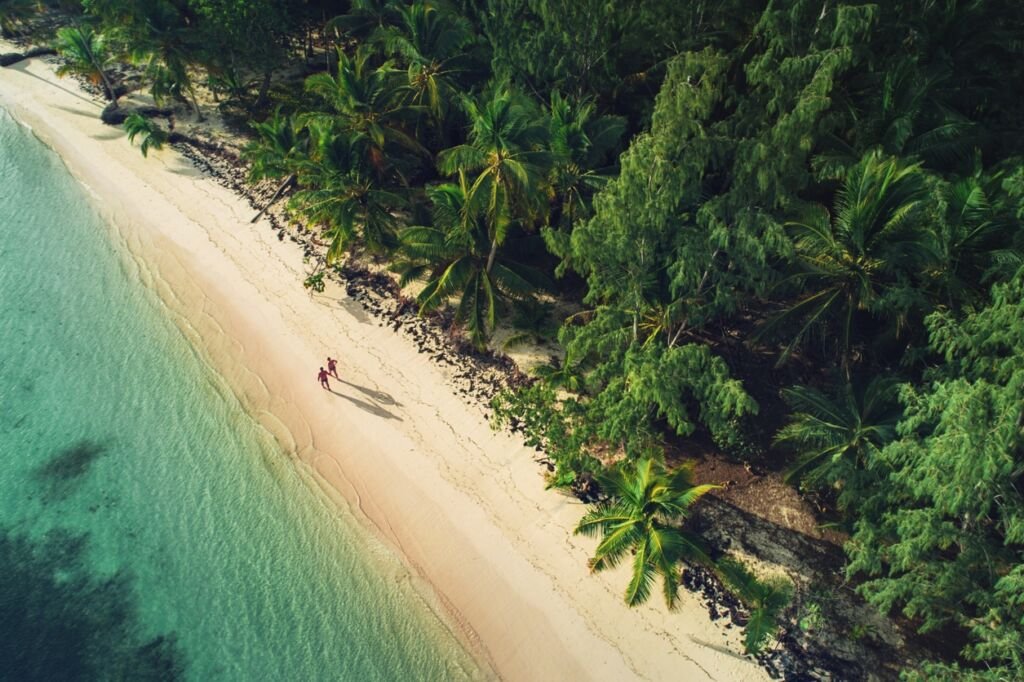
3. City Taxis
This is similar to the airport taxi scam. Some drivers may try to upcharge you once they realize you are foreign, taking advantage of the fact that you probably don’t know the real fares.
For instance, in Santo Domingo, taxis don’t use a meter. Instead, drivers tell you flat rates, so it is easier for them to scam you. Many tourists don’t take taxis in the Dominican Republic because of this situation.
The best you can do to prevent this from happening is to keep updated on the currency value and research the actual prices for different routes and areas – just ask the hotel reception staff for information on what the rates should be.

4. Car Rental
Although this situation doesn’t count as a scam, renting a car in the right place will save you a lot of money.
In airports, the price is usually around $50-60 per day, but adding the insurance fee and all the additional services, such as Wi-Fi inside the car, can make it go up to $100!
But once you are out of the airport, you can go to a local rental and pay around $40. They will drop the car off where you are staying and hand you all the paperwork right there and then.
Although renting a car isn’t the most affordable service out there, you won’t have to worry about getting a taxi to move while in the city.
However, you do need to verify if your resort includes parking, or if there are secure parking spaces in the areas will plan on visiting. Also, you may need to have an international driving permit. Some say that the police rarely ask to see it or don’t care, but it doesn’t hurt to have one just in case.

Resort Scams & Tourist Traps in the Dominican Republic
1. Shops
In addition to all the amenities that resorts offer, they also have gift shops that sell everything from magnets to slogan T-shirts. We all like to bring souvenirs back from our trips, so tourists often feel tempted to go inside and have a look.
The catch is that the same products sold in these stores are overpriced and can be found in shops outside the resort for a much lower price.
So, instead of staying in your comfort zone and buying gifts from your resort, you can head into the city and support smaller local businesses while saving money.
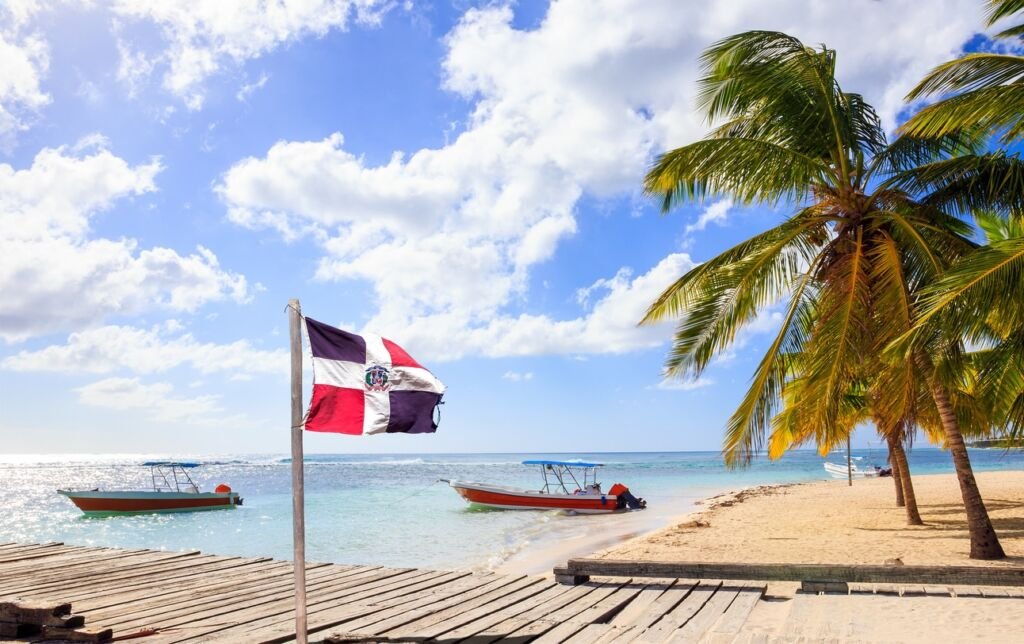
2. Timeshares
The Dominican Republic doesn’t have any legislation that regulates timeshares. This doesn’t mean that every timeshare you are offered is a fraud, but it does make it easier for fake vacation clubs to completely scam you and sell a deal that doesn’t exist.
During your stay at a resort, you may be approached by staff members of an alleged vacation club, who will offer you timeshare deals with unbelievable rewards and discounts.
They will invite you to lunch and try to gain your trust through laid-back conversation. After eating, they will ask you to sit through an entire presentation in which they explain to you what the deal is about and what it includes. Then, they will give you no time to think about whether you want to sign the contract or not.
To avoid the massive problem that these scams represent, it is best to take legal advice from a specialized lawyer.
Try not to give in despite feeling pressured or rushed. Research all the parts involved in the agreement, and look into the right of withdrawal (the right to cancel a contract) since it may not be stated in law. If that’s the case, ask the seller to include it in the contract.
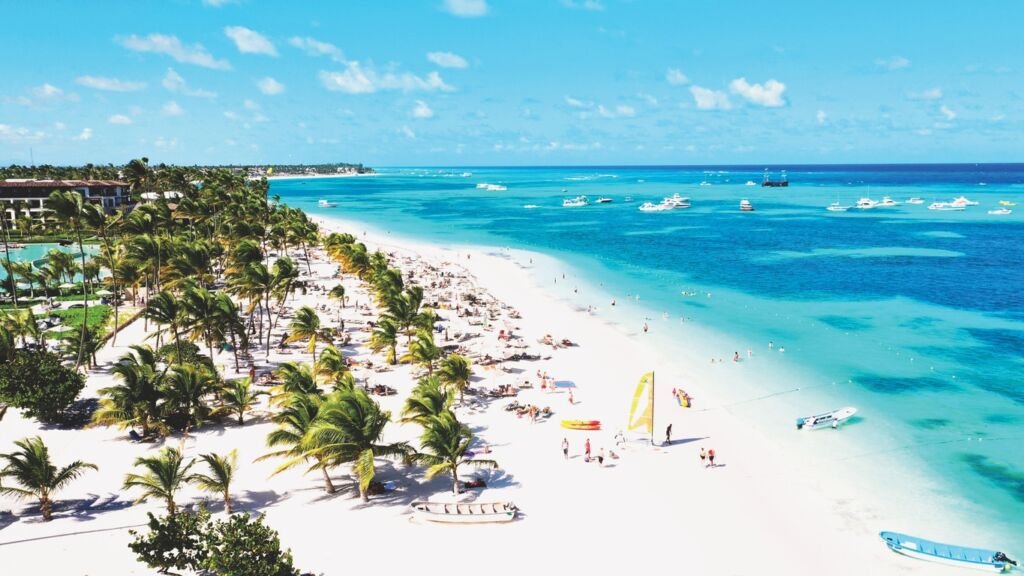
Shopping and Activity Scams in the Dominican Republic
1. Tour Vendors
While sunbathing on the beach or walking through the streets of a Dominican Republic urban area, you may notice a person who approaches tourists holding a binder with beach photographs and maps.
These people sell tour packages that include snorkeling, kayaking, sailing, and jet skiing, among many other things. They ask you for advance payment, and if you pay with a card, they charge commissions they don’t tell you about.
Finally, when the day of your tour arrives, many of the services that they promised are of poor quality or don’t even exist. There may not even be a real tour to begin with.
This is why it is safer to book the activities you want to do online before your vacation, in your resort, or through a serious travel agency. Of course, you may have to spend more money, but by doing it this way you will be offered value for money and you’ll get to enjoy these thrilling activities.

2. Jewelry Shopping
Puerto Plata, a Dominican Republic city, produces lots of amber. In fact, the Dominican Republic is one of the few countries that produced amber! The locals use this honey-colored stone to make jewelry and later sell it to tourists.
If you are interested in buying this semiprecious stone, beware of fake amber.
Real amber changes color when under a black light. It can turn an opaque cream color with a red, green, or blue tint. If a store is selling real stone, it will have a black light lamp so you can test it yourself. If it doesn’t, you should proceed with caution.
You can also test amber’s authenticity by putting it in a water-filled bowl. If it sinks, it is fake amber. If it’s real, it will float to the top.

Other Dominican Republic Scams To Watch Out For
1. Camera Scam
This hustle is surprisingly common in the Dominican Republic, especially in Santo Domingo. A group of locals may approach you and ask you to take their picture. When you hand the camera back, they drop it on purpose and place the blame on you.
They often use stolen or cheap cameras for this, but they still try to make you feel guilty about it being broken and tell you to pay a ridiculous amount of money for it.
The best solution for this is to kindly refuse to take anyone’s picture unless you know they are tourists as well.
2. Nightlife and Bars
If you decide to go out and experience the famous Dominican Republican nightlife, you can visit many nightclubs and pubs and dance the night away.
However, you should be careful of pairs of women or men that engage in friendly conversation out of nowhere with you. They might invite you to have some drinks at a bar and encourage you to overindulge until you are inebriated.
This is where you need to stay alert: the bartender may end up charging you a lot more than they should. That is because the people who seemed interested in talking to you are actually partners with the bar, and their job is to take advantage of unsuspecting tourists.
You should always check the drink prices and keep tabs on what you are ordering to avoid getting ripped-off.

3. Shoeshine Boys
Walking the streets of the Dominican Republic, you will see a lot of shoeshine boys. Many tourists pay for their services to aid them financially since many live under the poverty line. However, they usually pay with a 2000$RD bill because they don’t have any change.
Then, the boys will tell the tourist that they are going to exchange the bill for smaller denominations to be able to return the excess money in change. However, some of them never come back and keep the money.
This is not to say that all of them are deceitful, but it may be convenient to have some change to contribute to the economy while being certain you won’t lose money.
4. Police
Sadly, the Dominican Republic has a high rate of police corruption. And some police often indulge in bribery: after pulling your car over, the officers will start extorting and asking you to give them money.
There are statements of these situations getting out of hand and even violent sometimes. But the best you can do to help put a stop to it is to tell them that you will report them to your country’s embassy.
This doesn’t mean you will have to pay a bribe every time you get pulled over – and you certainly shouldn’t offer one to a police officer if they just stop you. It is frequently the case that police stop cars just to carry out security checkpoints. However, in case you are asked to pay, handling the situation in a respectful manner is key to avoiding any further confrontation.
Luckily, the Dominican Republic government has been working on these issues by highlighting the importance of police reform.

Bargaining in the Dominican Republic
Now that we have covered the top scams in the Dominican Republic, we can move on to another topic of vital importance when it comes to saving money.
By now, you can probably see that overpricing is a very prevalent practice in the Dominican Republic. Luckily, bargaining exists!
Bargaining is a process in which the buyer tries to lower the price of a product through negotiation with the seller. It is deeply ingrained in Dominican Republic culture, so vendors will even expect you to bargain.
The Caribbean Market in Punta Cana is a place where intense negotiation occurs. Tourists go there to buy gifts, souvenirs, and various goods. However, vendors can spot a tourist from miles away, and that’s when the overpricing starts.
If you have a product or activity that you want to purchase in mind, don’t buy it in the first store you come across. Visit different shops to get an idea of how much it costs on average. Then, you can start bargaining from there. The price should drop to at least 50% of the original asking price for you to consider buying the product. Keep in mind that you should learn the language basics for this to be a smooth negotiation.
However, try not to overdo it. Vendors are doing their job and trying to get a good sale to subsist financially. Bargaining should be done with the buyer’s and seller’s best interests in mind, making sure no one loses or gets taken advantage of. If you do it right, you will get lots of good deals.

Safety Tips
While scams are the main focus of this article, one of the major risks when traveling to the Dominican Republic is getting one of the different tropical illnesses that exists there: dengue and malaria—both transmitted by mosquitoes – or hepatitis, typhoid fever, and others.
Luckily, they can all be easily avoided by getting all the necessary vaccines, putting on bug repellent and reapplying it throughout the day, and drinking bottled water exclusively. The tourists that have been affected in the past had not taken proper precautions, so if you are mindful, you should stay perfectly healthy. (Related: Dominican Republic Bugs That Bite & Sting).
It is necessary to highlight that free Dominican healthcare isn’t great, and private healthcare is expensive. Having medical insurance is highly recommended to rapidly address the possible health matters that might arise during your vacation.
Regarding the weather, the sun and hurricanes shouldn’t be underestimated. The worst season to wander the Dominican Republic is summer. Between July and September, the temperatures can surpass 35 degrees Celsius, and it rains more often then as well. It is also hurricane season during summer, which can be dangerous.
During winter, the milder weather makes the experience much more pleasant. The temperatures are still warm and tropical, but they are enjoyable, as opposed to the suffocating summer heat. It also rarely rains.

Pickpocketing and theft are issues as well, not just in the Dominican Republic but everywhere. Stay away from public crowds, avoid wearing flashy or expensive jewelry, and keep your valuables out of sight, especially on public transportation. At night, if you are in Santo Domingo, stick to the historic center, where it is safe to go clubbing or have dinner. Avoid slums and desolated areas.
If you rent a car and drive yourself everywhere, be careful as traffic in this country can be a bit chaotic to newcomers. In fact locals always discourage tourists from driving at night. It is best to avoid doing it, but if you have no choice, reduce the speed and turn on your lights.
Pay attention to motorbikes and the big speed bumps, which are the most common obstacles. Remember to get insurance for the car in case it gets damaged.

Staying Safe & Scams In The Dominican Republic: Our Final Thoughts
The reality remains that the economic state of the Dominican Republic may cause some low-income citizens to feel the need to resort to dishonest ways of getting money. That’s why several common scans in the Dominican Republic exist.
Still, hustles exist, to a lesser or greater extent, in every corner of the world. That shouldn’t be enough of a reason to miss out on such an exceptional destination like the DR, especially when there are practical and effective ways to avoid being swindled – as we detail above.
In addition to this, most tourists that visit this country go back and repeat the trip because of how delighted they were with their experience. It’s all about researching, being prepared and being aware of your surroundings, as it should be in every new unknown destination.
If you wish to witness some amazing beaches and experience an exciting tropical lifestyle and culture, this is the place for you. You will enjoy every second there. Be aware and prepared, and don’t let any Dominican Republic scams or hustles put you off.





